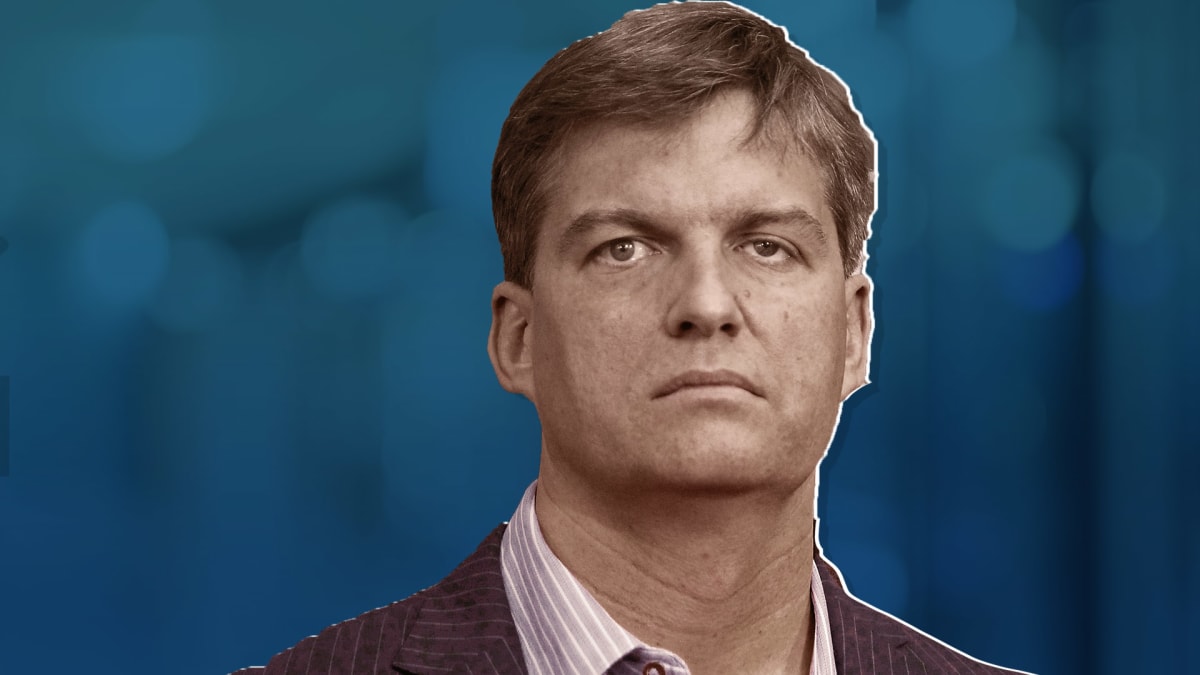
The software giant Salesforce's recent revamp confirms the struggles in Silicon Valley and tech more broadly are widespread.
In a bid to cut costs, the specialist in customer-relationship-management systems (CRM) on Jan. 4 disclosed a vast restructuring plan. including massive job cuts, downsizing of its office space and exits from some property markets.
The details: Salesforce will close some offices and eliminate around 10% of its estimated 56,600 employees as it looks to reduce operating costs, widen operating margins and "continue advancing the company’s ongoing commitment to profitable growth."
Salesforce said the job cuts, as well as the broader restructuring plans, will cost between $1.4 billion and $2.1 billion, with a hit of around $1 billion expected in its fiscal fourth quarter.
"The environment remains challenging and our customers are taking a more measured approach to their purchasing decisions," Chief Executive Marc Benioff wrote in a letter to employees explaining the job cuts.
"With this in mind, we’ve made the very difficult decision to reduce our workforce by about 10 percent, mostly over the coming weeks."
"I’ve been thinking a lot about how we came to this moment. As our revenue accelerated through the pandemic, we hired too many people leading into this economic downturn we’re now facing, and I take responsibility for that."
'CRM Should Have Been Down 25%' -- Burry
The announcements were welcomed by the company's investors. Salesforce stock gained 3.6% to $139.59 in the Jan. 4 session.
But there's one investor who is neither convinced nor reassured. He says Salesforce should have been rolled following the announcements.
This investor is none other than the legendary Michael Burry, known for his big bet on the collapse of the American real estate market, which led to the financial crisis of 2008.
This is what he has just made known via a vicious tweet:
"CRM should have been down 25% on those job cuts."
He went on to say that the job cuts are not a reason to add or hold Salesforce stock in your portfolio.
"Job cuts are so not the reason to own that," he added without elaboration.
The investor, who runs the hedge fund Scion Asset Management, several months ago predicted a rout in the tech sector marked by waves of mass layoffs of white-collar workers. The news cycle has proved him correct since most tech groups are relying on job cuts to adapt to the economic downturn.
For example, Meta Platforms (META), parent of Facebook, WhatsApp and Instagram, cut 11,000 jobs in November, a first since the group was created in 2004. Amazon (AMZN) has just said it would cut 18,000 jobs, much more than the initial estimate.
Burry's criticism unsurprisingly spawned many comments on Twitter. Some commentators pointed out to him that cutting jobs is good for the software giant's bottom line.
"They weren’t producing revenue -- goes straight to net income," commented Monolith Technologies CEO John S. Boyd. "Stock should be up."
"Bad bet Burry. Job cuts just creates more efficiency and more profits for shareholders. I do not own any CRM but you get what I’m saying," added another Twitter user.
But other Twitter users agreed with Burry and questioned the effectiveness of the cost-saving measures on Salesforce's future performance.
"CRM is on the way to years of decline. Competition is catch up, along with the market declining," one Twitter user agreed.
"What’s stunning is that these big SV companies come bumbling in with massive layoffs that will have zero impact operationally. It’s quite stunning that they just woke up post C19 & all do it at the same time. Maybe so they won’t be seen as 'mean?'" said another Twitter user.
Burry Has a Solid Track Record
Burry generally does not and here did not respond to comments.
In the third quarter, Salesforce reported a Wall-Street-beating bottom line of $1.40 a share as demand for its workflow solutions remained solid. Revenue rose 14% year-over-year to $7.84 billion, essentially matching analysts' estimates.
The company's remaining performance obligation, a tally of its total deferred revenue and product backlog and a key industry metric, rose 11% to $20.9 billion.
The 2008 financial crisis, one of the biggest financial debacles in history, made Burry a legend. It made him one of the examples to follow in the defiance of standard practices in financial circles.
The 2015 film "The Big Short" describes how the investor, who had no particular expertise in finance and real estate, came to understand that the sector had become a sand castle. Financiers and bankers created exotic products based on mortgages given to financially fragile households and borrowers with poor credit.
He therefore decided to bet on the collapse of the subprime mortgage market -- hence the name "Big Short." History proved him right. Since then, Burry has become something of a Wall Street oracle.







